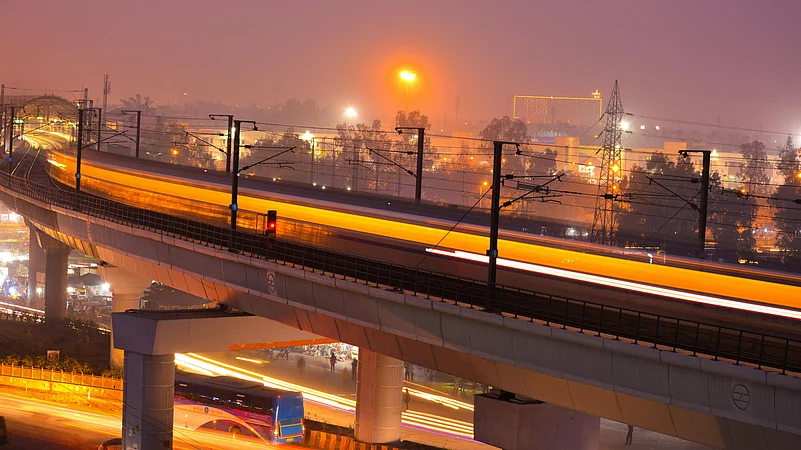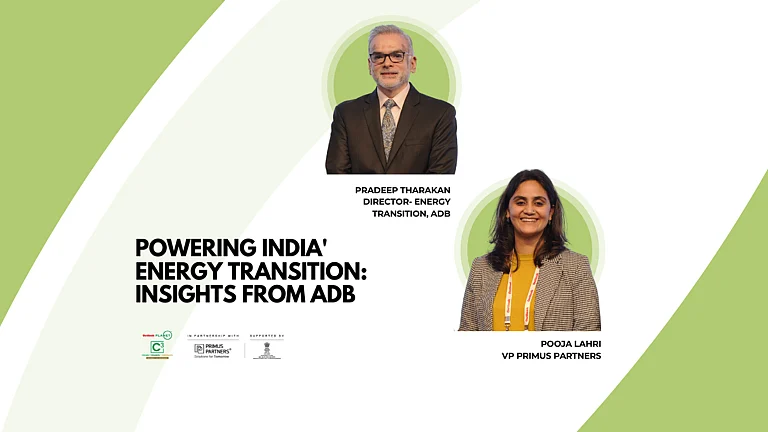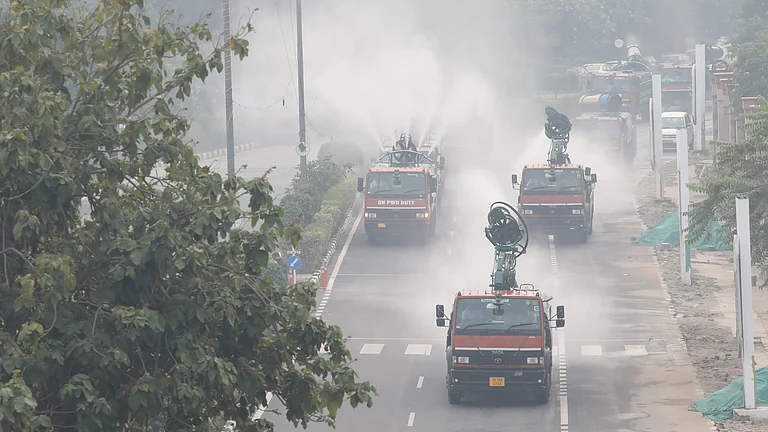
Cities integrate national policies and local innovations to accelerate decarbonisation efforts.
Urban solar PV and energy demand management could unlock over 200 GW potential.
Citizen participation ensures inclusive, sustainable progress toward India’s renewable energy targets.
Indian cities are growingly emerging as strong drivers of energy and source demand, according to a World Resources Institute (WRI) India report.
The report, released at WRI India’s annual flagship conference ‘Connect Karo’, the report titled How Cities Can Support India’s Energy Transition and highlighted how cities are combining national policies with local innovations to facilitate decarbonisation.
Despite local governments deploying innovative solutions—ranging from rooftop solar to LED streetlighting—to drive innovation, sustainability and savings, most cities still score low on indicators related to energy efficiency in the ClimateSMART Cities Assessment Framework (CSCAF) 2.0, stated the WRI India report.
“While much of India’s energy transition is currently being driven at the state level, there is significant scope of upwards of 200 GW of energy that can potentially be harnessed from urban solar PV,” said Madhav Pai, Chief Executive Officer of WRI India. “We also need to look closely at demand-side actions where cities will play a key role as significant consumers of energy,” he added.
Cities as Energy Hubs
With the aim of achieving 500 gigawatts (GW) of non-fossil fuel electricity capacity by 2030 and reaching net-zero emissions by 2070, cities are already contributing up to 60% of the country’s GDP. This makes cities “natural aggregators of demand” and testing grounds of innovative solutions, mentioned the report.
The WRI India report noted, “Cities are natural aggregators of demand and can help manage flexibility on both the supply and demand sides,” urging integrated interventions across transport, buildings, waste management, and water supply. Pai added, “Urban action is critical—not just for meeting energy needs, but for improving lives through better air quality, health outcomes, and climate resilience.”
The WRI India report also underscored that fostering citizen participation is crucial for scaling energy transition efforts. This includes concerted efforts at engaging with low-income communities and other vulnerable groups for inclusive transition.
Beyond the WRI India report, Indian cities are actively adopting various initiatives to push the country’s clean energy transition. According to TOI, Guntur has inaugurated a 150 kWp solar power plant at the DRM office, aiming to reduce CO2 emissions and bolster sustainability. In Rajasthan, Indraprasthan Gas Ltd (IGL) has collaborated with the state utility to establish a solar power project, expanding its green energy footprint, reported ET. Moreover, Chhattisgarh has called upon international investments in green energy and electric vehicle infrastructure, fostering job creation and skill development. These initiatives highlight how important cities are to achieving India's renewable energy targets.
































